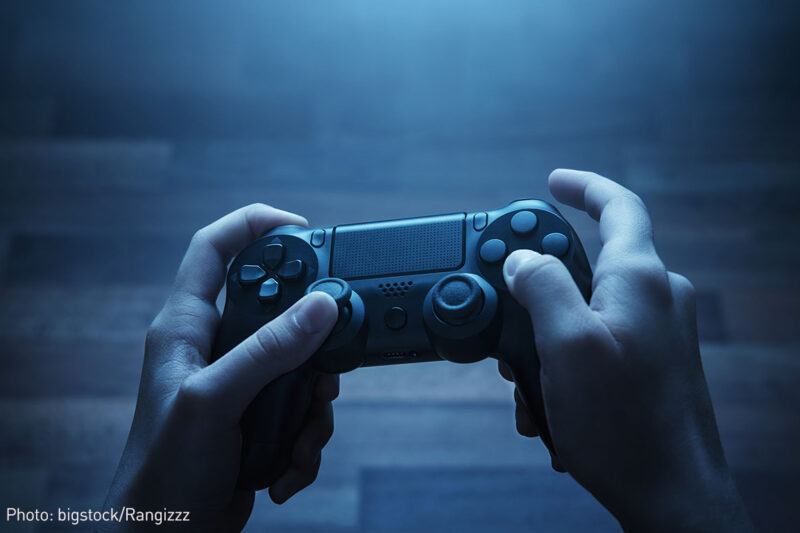
Update (10/30/15): In response to overwhelming feedback, SXSW apologized for canceling the panels and has added a day-long summit on the topic of online harassment to its 2016 programming. The summit will include original panelists from both cancelled sessions, plus a number of additional speakers, including ACLU Senior Staff Attorney Lee Rowland.
#GamerGate is the controversy — and the hashtag — that won’t die. Ask four people what #GamerGate is about, and you’ll get four different answers: A movement to challenge lack of ethics in video game journalism. A campaign to harass women in the video game industry. An example of how social media can be a catalyst for misogyny. And biggest of all, a debate about how women — how all of us — grapple with and respond to hateful online speech.
One thing is indisputable: Women who speak online are too often threatened and harassed by trolls desperate to veto a meaningful discussion about any of these topics.
Sadly, the trolls scored another victory this week.
Two panel events at this year’s South by Southwest Interactive festival would have provided a forum for people of all opinions to debate the topics of online harassment and gaming culture. No longer. In response to threats of violence, targeted presumably at feminist panel members, the festival organizers announced Monday that they will cancel forums titled “SavePoint: A Discussion on the Gaming Industry” and “Level Up: Overcoming Harassment in Games.” They explained that this was necessary to preserve “the sanctity of the big tent at SXSW Interactive” and “keep the dialogue civil and respectful.”
In reality, this move silences all voices in the debate except for the most extreme. In fact, it puts a definitive end to all discourse — including that which is “civil and respectful” — while granting the wishes of those who seek to curtail the debate with misogyny and threats. That result is what we call a classic “heckler’s veto.”
Harassment of women in the video game industry is not a recent phenomenon. But attention on this issue intensified in August 2014 after Eron Gjoni published an online rant about independent video game developer Zoë Quinn, alleging, among other things, that she had a relationship with a video game journalist. The essay fueled a Twitter debate, coalescing around the #GamerGate hashtag, about misogyny in the video game industry, political correctness, and media ethics. It also provoked a campaign of harassment and violence against women in the industry, including many of the panelists who would have spoken at SXSW.
Threats of violence, and their devastating effects, are not to be taken lightly, and they’re just as criminal online as off. Women in the video game industry who have spoken out in defense of Quinn or criticized the portrayal of women in video games have received rape threats and death threats, had their personal information published online for all to see, and even been forced to flee their homes. No one should have to tolerate this behavior.
And yet, as others have pointed out, those who have been subjected to this heinous treatment have continued to do the important — and heroic — work of leading public conversations about gender, gaming, and online harassment. (Indeed, SXSW panelists have reported that they were aware of the risks involved in speaking and had been collaborating with SXSW staff on safety.)
We’re encouraged to hear that the SXSW is considering solutions in response to the criticism arising from their decision. The conference’s move may have been well-intentioned. But rather than protecting “civil and respectful” dialogue, the decision silences all voices in the debate around #GamerGate except those who seek to control the debate with threats of violence. In organizing the forums, SXSW created a soapbox for all. In cancelling them, it has given a bullhorn to those who threaten violence against women.
Far from controlling its hecklers, SXSW has succumbed to the heckler’s veto.


